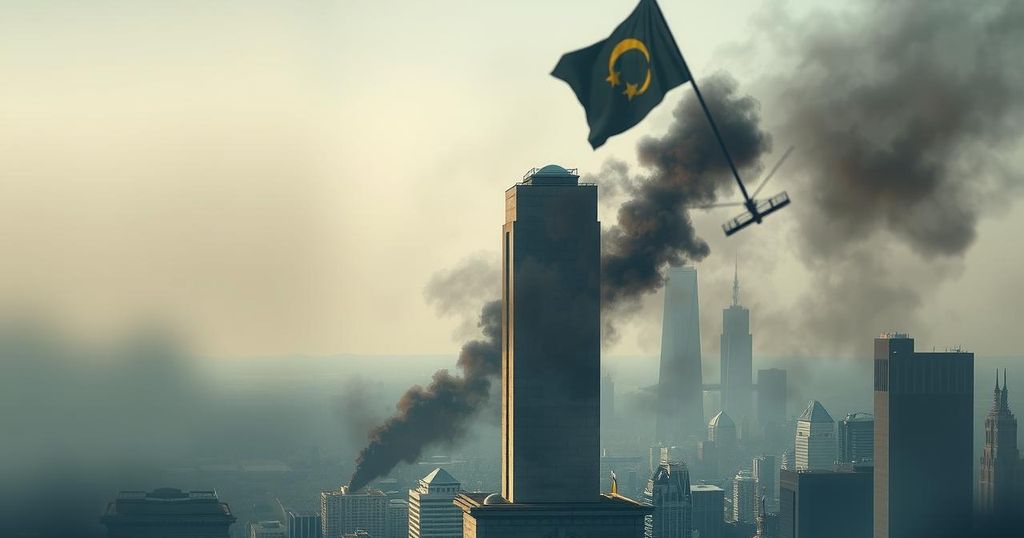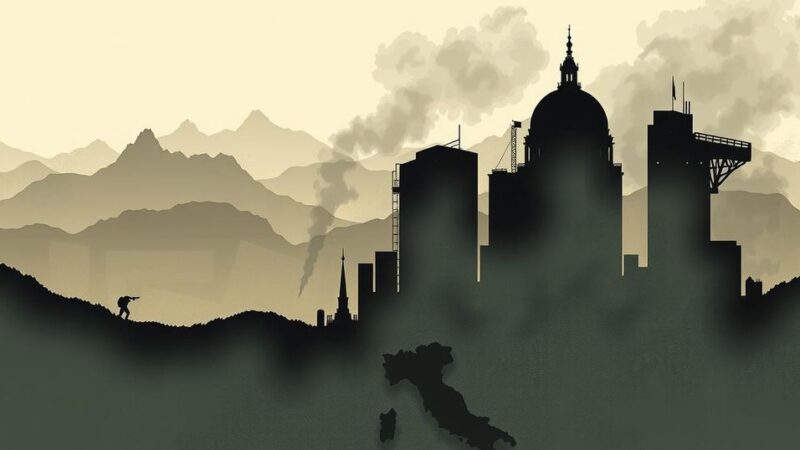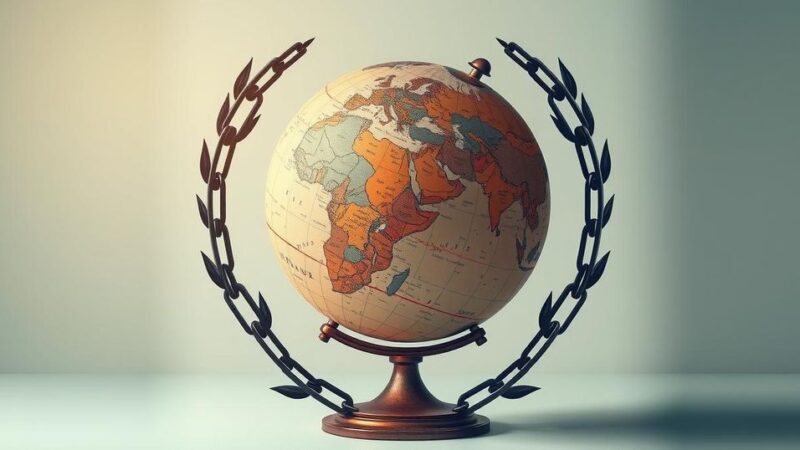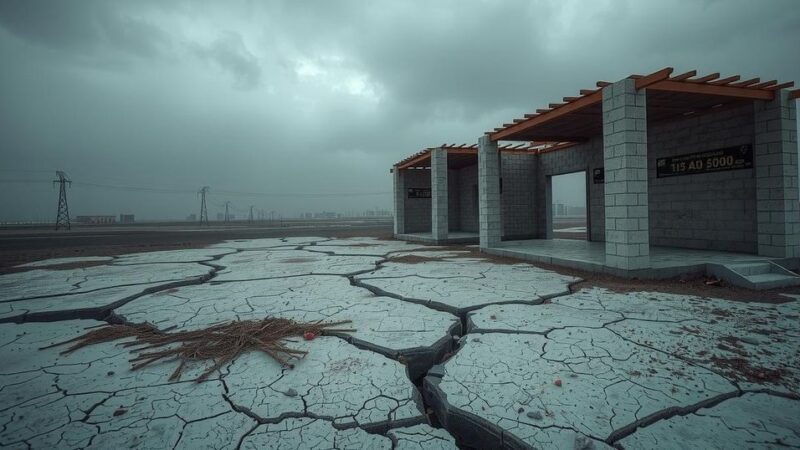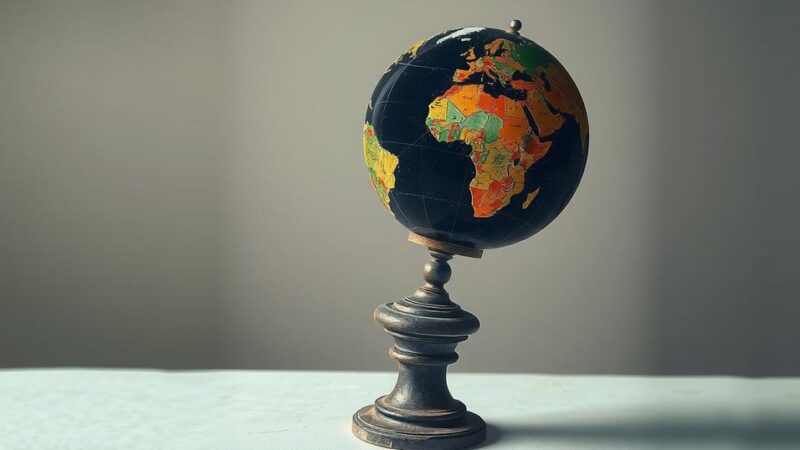The M23 rebels, backed by Rwanda, have advanced into Bukavu, eastern Congo’s major city, facing little resistance and receiving support from locals. This escalation is part of a broader conflict involving over 100 armed groups, resulting in significant displacement and humanitarian crises. President Tshisekedi has acknowledged M23’s brief incursion, while regional and international efforts to stabilize the situation have been largely ineffective.
Rwanda-supported M23 rebels have reached the center of Bukavu, the second-largest city in eastern Congo, with minimal resistance from government forces. This significant territorial gain follows their capture of Goma, located 63 miles away. Observations by Associated Press journalists revealed residents openly supporting the M23’s presence, which has led to fears for safety as many areas of Bukavu remained deserted.
The M23, backed by approximately 4,000 Rwandan troops, is among the many armed groups fighting to control eastern Congo’s wealth in minerals. This escalating conflict has resulted in the displacement of over six million people, marking it as the world’s largest humanitarian crisis. The advance of rebels into Goma alone left around 350,000 individuals homeless.
While the extent of M23’s control over Bukavu remains unclear, they have established a presence in strategic locations, including the South Kivu administrative office. Congolese forces were largely absent as many residents expressed frustration with the government’s lack of response. Blaise Byamungu, a local resident, criticized the governmental inaction, suggesting it demonstrated cowardice.
Analysts indicate that M23’s ambitions extend beyond mere territorial control; the group appears to be aiming for political power, unlike their previous maneuvers in 2012 which were linked primarily to ethnic conflicts. The sight of Congolese soldiers fleeing alongside civilians in Bukavu highlighted the panic resulting from the rebels’ advance and growing looting incidents.
Congo’s President Felix Tshisekedi held an urgent security meeting from Kinshasa, stressing that Bukavu was experiencing a momentary M23 incursion but remains under Congolese military oversight. Regional support for Congolese forces has flowed in from neighboring countries, including Burundi, which has expressed reluctance to engage in retaliation following recent statements from its President, Evariste Ndayishimiye.
The conflict has gained significant attention at the African Union summit in Ethiopia, where international leaders, including UN Secretary General António Guterres, underscored the importance of respecting Congo’s territorial integrity. However, decisive actions against M23 or Rwanda remain elusive, with calls for ceasefire and dialogue prevailing.
The Congo River Alliance, which includes M23, reassured residents about their intention to protect Bukavu, prompting Lawrence Kanyuka, a spokesperson for the alliance, to urge the populace against succumbing to panic. This ongoing violence is rooted in a long-standing ethnic conflict, as M23 claims to protect the Tutsi population from perceived threats posed by Hutu militias affiliated with the 1994 genocide in Rwanda.
The recent incursion of Rwanda-backed M23 rebels into Bukavu underscores the complex and deteriorating security situation in eastern Congo. The conflict highlights geopolitical dynamics involving regional players and the humanitarian distress affecting millions of individuals. As international entities express concern, local residents seek stability amid governmental inaction and escalating violence.
Original Source: jamaica-gleaner.com
